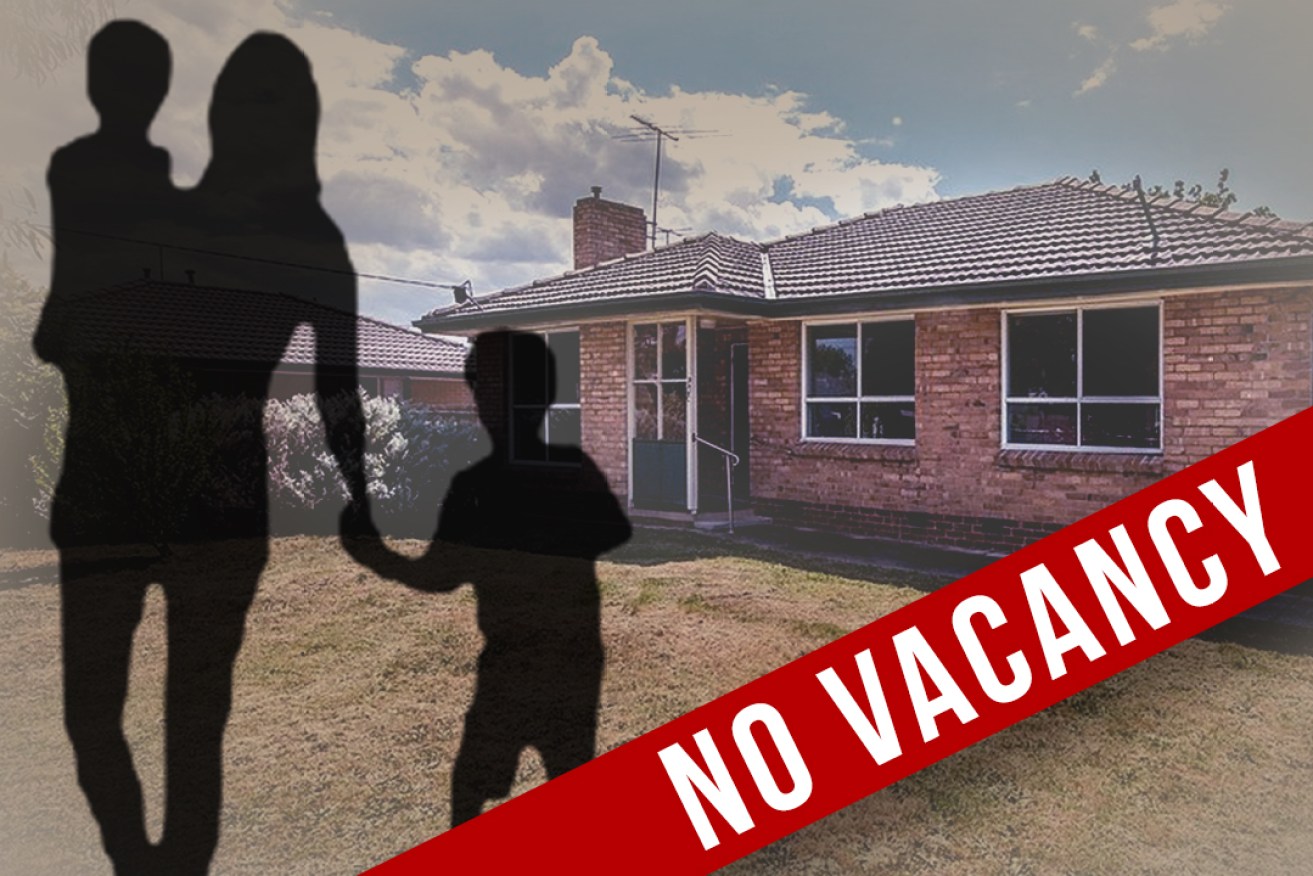Housing crisis raises risk for domestic violence victims
Soaring rental prices and plummeting vacancy rates have resulted in a three-fold increase in the number of domestic violence victims forced to remain living with their abusive partner, South Australia’s women’s legal service warns.

Image: Tom Aldahn/InDaily
SA Women’s Legal Service CEO Zita Ngor told InDaily that over the past month the community legal service had been “inundated” with calls from women experiencing domestic violence who were still living with the perpetrator.
She said in an increasingly tight market with tough competition for houses, women experiencing domestic violence felt unable to leave when they had no certainty about where they were going to sleep from day to day.
Between May 1 to June 6 this year, 342 women sought help from the SA Women’s Legal Service, of which 43 per cent were living at home with a domestic violence perpetrator.
Ngor said that rate had tripled from the same time last year, with housing availability and affordability cited by women as the top barrier preventing them from leaving.
“Like everybody else, women experiencing domestic violence have been seeing the news coverage regarding the housing crisis both in the public sector and in the private rental space,” she said.
“Hearing that there’s not much opportunity out there and combined with the fact that a lot of women experience financial abuse is a significant component.
“The women often do not have the financial means to then go and obtain alternative accommodation.”
According to property firm SQM Research, residential vacancy rates in Adelaide hit 0.3 per cent in May – the lowest of all Australian capital cities.
Rental prices in Adelaide have risen by 18 per cent, to an average of $520 a week for houses and $372 for units.
It’s a situation of a perfect storm at the current moment
Meanwhile, tens of thousands of people are on the waitlist for public housing in South Australia, with data released in March showing just under 3000 were flagged as category one – the highest priority.
Domestic violence services were also at “capacity breaking point” and some women were unable to find places in crisis accommodation such as motels, particularly if they had pets or children.
“For a woman to make a decision to leave any kind of relationship, even if it is abusive, there are a lot of factors that she needs to take into account, particularly if she’s got children that she cares for,” Ngor said.
“I think it’s a situation of a perfect storm at the current moment with the rising cost of living, housing crisis, coupled with the personal situation of women, particularly when they are caregivers.”
Ngor said there were “significant risks” that women could be seriously injured or murdered.
“Women are reporting stories such as the perpetrator coming into the bedroom at night with a knife and making threats to kill them,” she said.
“Nobody should be forced to live like that.”
She said the Women’s Legal Service had also seen a rise in the number of women who were tracked by their partner when they left the family home.
“It’s as simple as the perpetrator slipping a small device in a handbag, for example, and then being able to see where the woman goes,” she said.
“It is a conversation that we’re now having with women who access our service, because we’ve been aware of instances where those tools have been used to identify that the woman has sought assistance from us, which has then had repercussions for women when they’ve returned home.
“Unfortunately, that’s become a reality for the cohort of clients who are still living with the perpetrator.”
It comes after SA’s Legal Services Commission last month reported a 45 per cent increase in the number of women seeking legal help after experiencing domestic violence.
The commission described the spike as “quite substantial”, with rising cost of living pressures partly to blame.
Figures released by the SA Women’s Legal Service show in May this year, 76 per cent of its clients reported experiencing domestic violence, compared to 69 per cent at the same time last year.
The service says more women are seeking help for multiple legal problems around safety, homelessness, financial insecurity and mental health.
For free and confidential legal advice, call the Women’s Legal Service (SA) on 1800 816 349.
Anyone experiencing domestic and family violence can access support or counselling by calling 1800 Respect – 1800 737 732 – or the DV Crisis Line on 1800 800 098.
Call 000 in an emergency.




